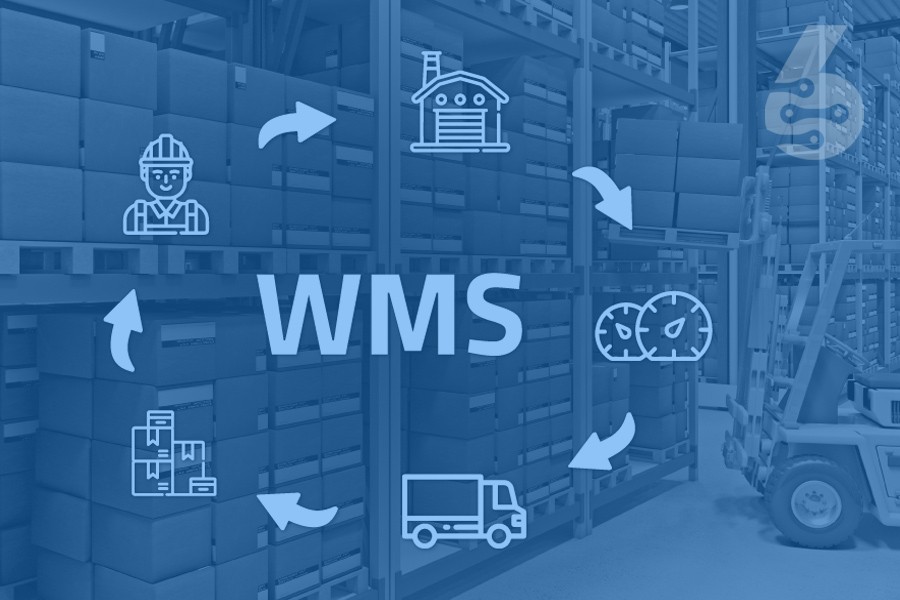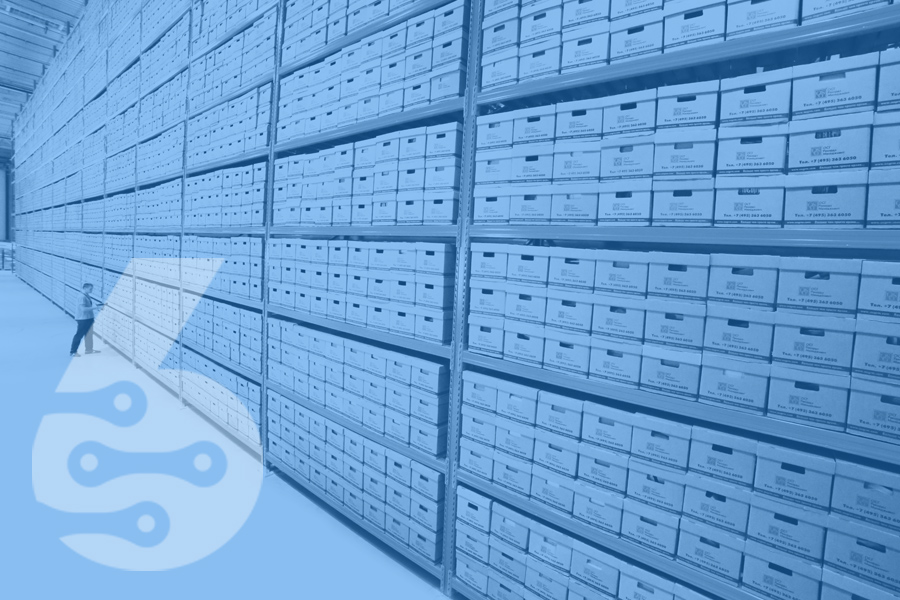A Master Production Schedule (MPS) is a tool companies use to plan how many items need to be produced within a given timeframe. The MPS considers the company's overall production goals and the availability of raw materials and other resources. The MPS is a key component of the company's Production Planning and Control (PPC) system.
The MPS is used to generate a production plan outlining the specific steps that need to be taken to produce the desired number of items. The production plan includes information such as the type and quantity of raw materials required, the sequence of operations that must be performed, and the expected completion date. The MPS is typically updated regularly to reflect changes in the company's production goals or the availability of resources.
The MPS is vital for ensuring that the company's production goals are met. By planning production, the company can avoid disruptions caused by last-minute changes. In addition, the MPS can help the company identify potential bottlenecks in its production process and address them.
While the MPS is a valuable tool, it is essential to note that it is only one part of the production planning and Control system. To be effective, the MPS must be integrated with other aspects of the PPC system, such as capacity planning and material requirements planning.

Related Blog Articles

Understanding Warehouse Management Solutions
A warehouse management system (WMS) is a software application that supports the day-to-day operations in a warehouse. A WMS helps to control and direct the movement of materials within a warehouse and plays an essential role in optimizing the efficiency of these operations. There are many things to consider when implementing a WMS, from the size and layout of your warehouse to the type of products you're storing. This blog...
Guide to PEPPOL e-Invoicing
PEPPOL is more than an e-invoicing standard: it is a way to streamline global trade. Its adoption enables companies, large and small, to navigate the complexities of international transactions with ease and efficiency.It offers multiple benefits, such as the automation of e-invoicing, which minimizes errors and increases productivity. Especially for large companies with significant transaction volumes, this can translate into significant cost and time savings.PEPPOL's universality also simplifies cross-border trade,...
Warehouse management systems (WMS) explained – Managing modern businesses.
Warehouse operations are at the heart of many businesses, enabling the smooth and efficient flow of goods to customers. However, managing inventory, orders, shipping, and personnel in one or more warehouses is an enormously complex undertaking. Errors and inefficiencies in warehouse management can lead to product shortages, delayed shipments, and deteriorating customer service. At this point, a robust warehouse management system (WMS) is essential. A WMS is software that helps control...Related SIX ERP Solutions:
Related SIX ERP Features:
Want to see SIX for yourself?
Need help, have questions or want to get a free demo?
Please read our Privacy Policy on how we process personal data. We will never share your data!



